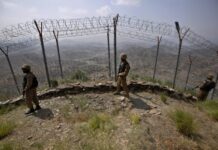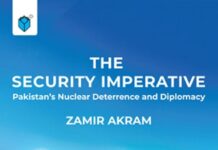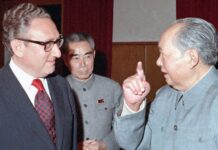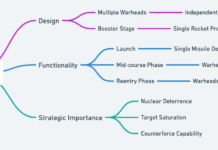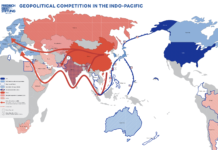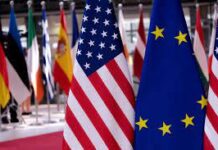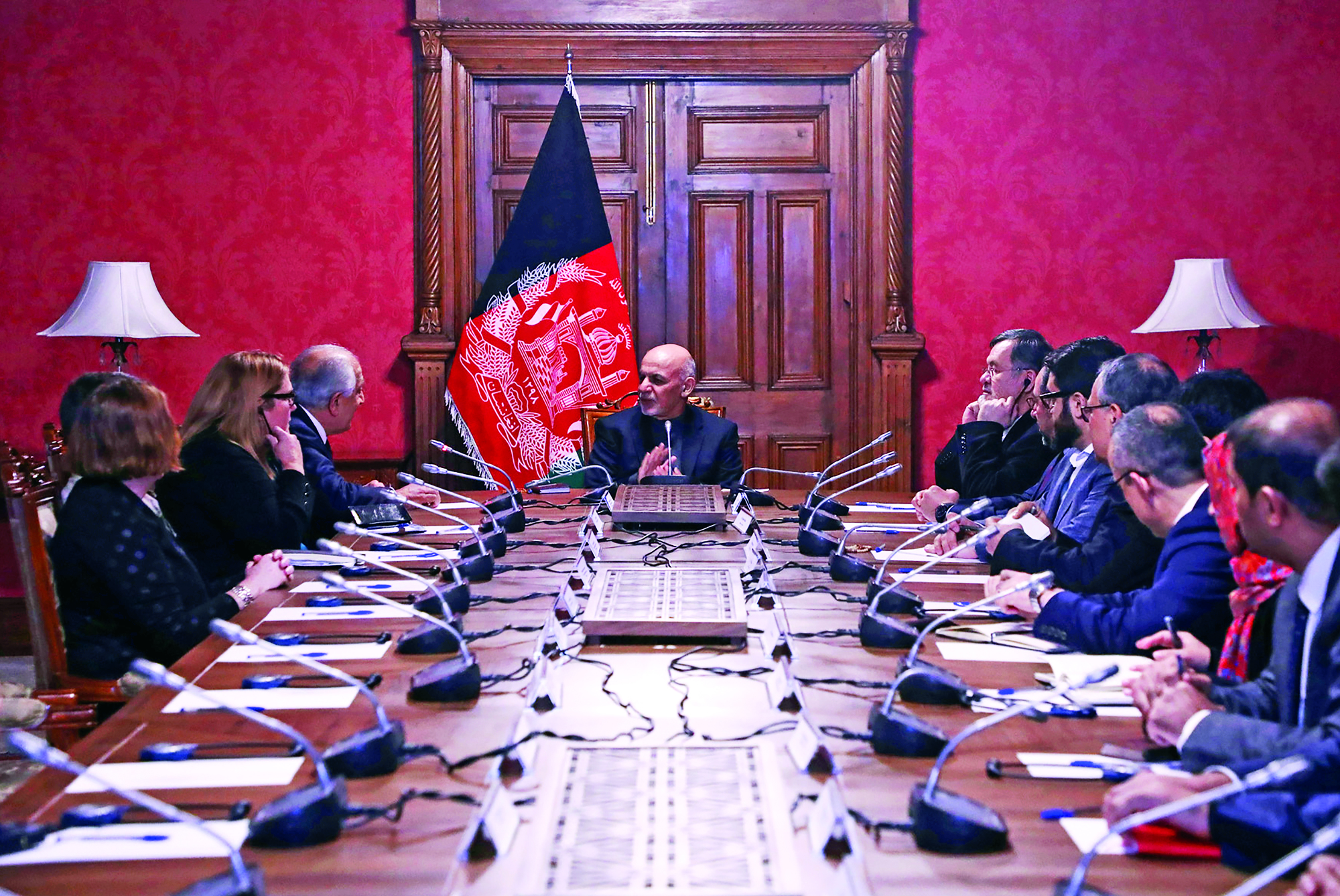Qadir Khan Yousafzai
The year 2019 is being considered important in the Afghan peace process and US’ withdrawal from Afghanistan. This is primarily because of constant rounds of talks between the US and the Afghan Taliban that took place in 2018. Though direct negotiations between the Taliban and Washington were welcomed and appreciated, policy circles were apprehensive about attempts to derail the process of direct communication between the Taliban and the US. These doubts were given further air when the Afghan National Unity Government (NUG) took serious exceptions and strongly protested over direct parleys between the Afghan Taliban and the US. It must be noted that the Taliban have time and again rejected talks with President Ashraf Ghani-led Afghan government. In a bid to speed up the reconciliation process aimed at ending the deadlock in Afghanistan, US Special Representative for Afghanistan Reconciliation, Zalmay Khalilzad expressed his intent to meet Taliban representatives in Islamabad. The Taliban refused to meet Khalilzad, doubting whether he represented the Trump administration or that of Ghani. However, according to sources, contrary to official announcements, senior Taliban interlocutors met Khalilzad. Taliban officials stressed upon Khalilzad the need for abstaining from turning NUG’s 39-page document into a security agreement. Instead, the Taliban called upon Khalilzad to get directions from President Trump to talk on points given by them. The biggest hindrance in finding a workable dispensation in Afghanistan is Taliban’s utter disregard for the Afghan government. The Taliban believe that the administration in Kabul is an appendage of the US and safeguards Washington’s strategic interests in the region. The Taliban contend that given that the Afghan government has less clout, and is a product of American aggression, it neither has the right nor the capability to chalk out a formula to end war in Afghanistan.
After initially acknowledging that talks with Khalilzad are proving effective, the Taliban have now started to cast aspersions on Khalilzad and asserted that the envoy is deviating from his agenda. The Taliban have deemed all Afghan leaders from Hamid Karzai to Ashraf Ghani as those lacking authority. Though the Afghan government terms itself as an elected government, there have been question marks aplenty on the workings of the election commission, leading to concerns about the government’s legitimacy. Also, the inability of the Afghan National Army (ANA) in combating the Taliban and the Islamic State’s Khorasan Chapter, and US’ war-wariness have strengthened the hands of the Taliban vis-à-vis the government.
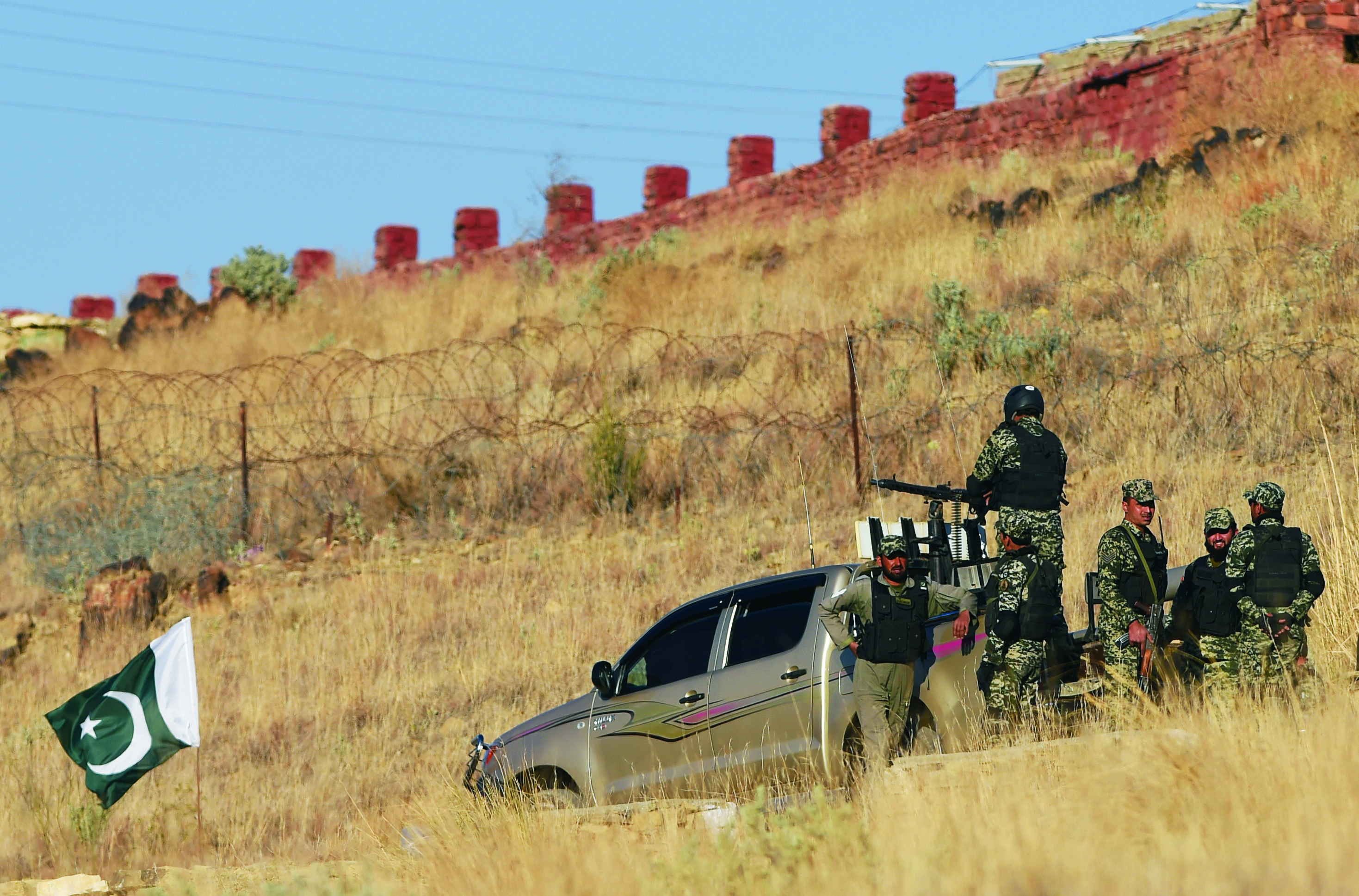
The Afghan Taliban have found a new ally in Iran. Tehran’s tilt towards its former nemesis is chiefly owed to its fears of US and Islamic State’s footprint on its border. Iran considers Islamic State and the US threatening, something that has necessitated its support for the Taliban. Recently, a delegation of the Afghan Taliban went to Iran ostensibly in a bid to discuss post US’ withdrawal situation in Afghanistan and the region. However, as compared to the past, United Arab Emirates and Saudi Arabia’s support to the Taliban has dwindled.
Interestingly, Qatar and Iran have tense ties with Riyadh but are on friendly terms with the Taliban. Saudi-Taliban ties have been fractured because of the growing influence of Iran and Qatar in the Afghan reconciliation process .Reportedly, the Taliban called Iran a bigger strategic partner than Saudi Arabia.
Rumors about the possibility of direct talks between the government and the Taliban were refuted by the latter’s spokesman, Zaibullah Mujahid. He claimed that Taliban’s views about the government have not changed and they are seriously talking to the Americans to help end foreign occupation of their country. The Afghan Taliban refused to meet the High Peace Council and also stopped government representatives from attending the meeting in Dubai. The proposed interim setup for Afghanistan was not constituted mainly because the Taliban do not want the current government to have stakes in any future settlement in the country. On the contrary, the NUG wants to be party to any arrangements that are laid out as a result of dialogue. However, Kabul has intensified its efforts to encourage Pakistan to enable direct talks between the government and Afghan Taliban. To this effect, President Ghani’s emissary, Umer Duadzai , has not only met important Pakistani government officials but also Pashtun nationalists like Asfand Yar Wali, Aftab Sherpao and Mualana Fazl Ur-Rehman. Arguably, the accelerated efforts on part of the Afghan government are being made on the whims of India.
The political standing of the Afghan government is feeble to say the least. There is an ever-widening gulf between the government and the election commission, something that is likely to have grievous repercussions on Afghan polity in the days to come. This milieu has become one of the reasons of Taliban terming talks with the government meaningless and a waste of time. The underlying premise behind Taliban’s indomitable renunciation of the government is the latter’s ineligibility to represent Afghanistan. The Taliban continue to remind everyone that when US forces launched their offensive, they were the rightful rulers of Afghanistan. While the Taliban want to foist an Islamic system, the government wants to have stakes in the future setup and enter into a security agreement with the US. It could be argued that the Kabul administration’s inclination towards India is aimed at giving Indian companies and investors control over Afghanistan’s mineral resources. Fearing that Trump could make an unexpected announcement in his State of the Union Address, Khalilzad, CIA, Pentagon and others are in a hurry to end the imbroglio. The urgency of the crisis compelled US Senator Lindsey Graham to praise Pakistan, its Prime Minister Imran Khan, and call upon Trump to meet Imran Khan and Ashraf Ghani to bring about an amicable end to the war in Afghanistan. That said, the fissures between the Afghan government and the Taliban will continue to mar peace efforts in Afghanistan.
Qadir Khan Yousafzai is a Columnist at Jehan Publications.



